‘Neighbors from hell’ claim they’re being targeted by cops because they are black, not because of their noisy parties… but there’s a problem
A black couple in Maryland claims they are being targeted by police because of their race after being repeatedly confronted by neighbors in a predominantly black neighborhood for throwing loud parties.
Police have been to Prince and Angela Floyd’s home 41 times for noise and parking complaints related to 11 events over a three-year period. Washington Post reported.
The Floyds are now seeking a staggering $3 million in a federal civil rights lawsuit, alleging they are being unfairly targeted for hosting extravagant parties at their nearly $1 million Accokeek home.
But their neighbors, who are mostly black, insist the problem is noise, not race.
Prince and Angela Floyd transformed their home into the ‘Floyd Estates’, complete with a red carpet, live band and food trucks for their frequent family gatherings and parties.
Police have been to Prince and Angela Floyd’s home 41 times for noise and parking complaints, relating to 11 events over a three-year period
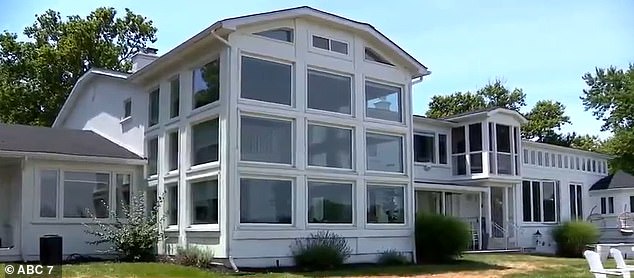
Prince and Angela Floyd transformed their Accokeek, Maryland home into the ‘Floyd Estates’, complete with a red carpet, live band and food trucks for their frequent family gatherings and parties
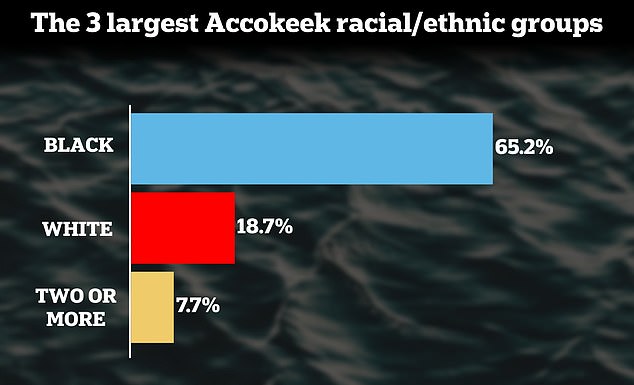
Interestingly, census data shows that Accokeek is a predominantly black community, with black residents making up 65.2 percent of the population, followed by white residents at 18.7 percent
According to Redfin, the eight-bedroom home, which last sold for $784,895 in 2020, is now worth $931,675.
The Floyds’ parties have become the talk of the town – there are rumors of exotic dancers and hookah parties, but the couple denies this.
The drama began in 2020 with a graduation party for the Floyds’ daughter during the pandemic.
With 50 to 70 guests on the lawn and a makeshift stage, the party quickly attracted the attention of local residents, who called the police with noise complaints.
The Floyds, who are now suing their neighbors and the police for $3 million, say they are being discriminated against on the basis of race.
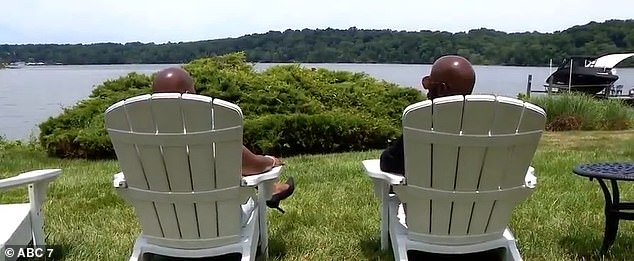
The Floyds’ parties have become the talk of the town – there are rumors of exotic dancers and hookah parties, but the couple denies this. (Pictured: The Floyds enjoy the view from their estate)
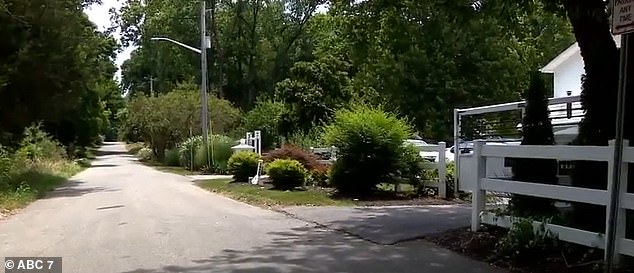
The Floyds say they are being discriminated against on racial grounds and have filed a $3 million federal civil rights lawsuit
The Floyds allege their civil rights have been violated because their neighbors are using the police to “harass and intimidate” them.
They are now demanding a jury trial, membership in the local civic association and millions in damages.
“I feel threatened, like my life could be taken from me,” Prince Floyd, 53, told the newspaper.
Floyd, who appears to have a lengthy criminal history ranging from drunk driving to assault, added: “Every time the police show up, I fear for my life.
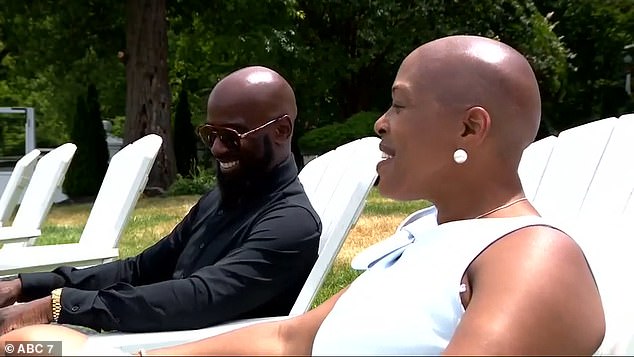
‘I feel threatened, like my life could be taken,’ Prince Floyd says of alleged intimidation
“When they show up and see a black man talking to them, it almost seems like they want to get aggressive with me.”
But their neighbors claim it’s about noise, not race.
They claim the problem has nothing to do with race, but simply has to do with the Floyds throwing parties that are “too loud, too big and too disruptive.”
“It has nothing to do with them being black,” said Margaret Littlejohn, a black neighbor whose fiancé is named in the Floyds’ lawsuit. “It has to do with them not being good neighbors.”
Interestingly, census data shows that Accokeek is a predominantly black community. Black residents make up 65.2 percent of the population, followed by white residents at 18.7 percent.
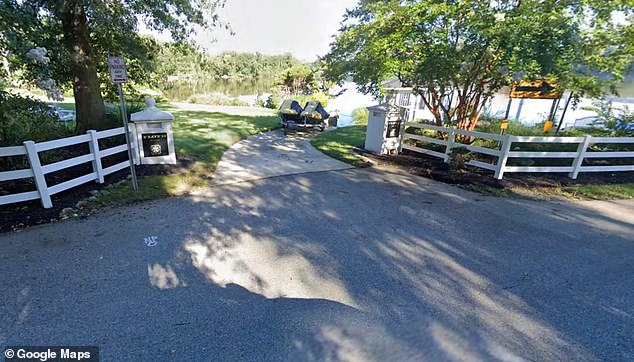
However, their neighbors, who are mostly black, claim the problem has nothing to do with race, but simply the Floyds disrupting the neighborhood and “not being good neighbors.”
Neighbor Maria Femia, a white woman, alleged that Prince Floyd “verbally abused and bullied” her when she complained about traffic congestion.
She even claimed he tried to run her over, a claim Floyd strongly denied, the Washington Post reported.
“Because I live across the street from the Floyds,” Femia told the Post, “I deal with obnoxious, dirty behavior, loud parties, traffic, illegal fireworks, food trucks, and busloads of people coming to their property and blocking the road for their large events.”
Still, some black neighbors have rallied behind the Floyds, saying they feel “targeted.”
Monique Hagler, 45, claims police have come to her home more than 20 times in four years and even pulled guns at a children’s party.
“I really regret buying this house,” Hagler, 45, told the outlet. “At least you should be able to enjoy your own backyard with your family and friends.”
The dispute escalated and the county declared Floyd’s home a “nuisance property” and fined the residents $1,000.
Angela Floyd claims she uses a sound meter to monitor noise, but neighbors don’t believe her.
“It seems to only happen to us. So now we’re seeking justice for just us,” Angela Floyd, 49, said ABC7.
The Floyds now say they don’t feel welcome in their own community. They claim that “the message the neighborhood is sending is clear: ‘They don’t want us here.’
